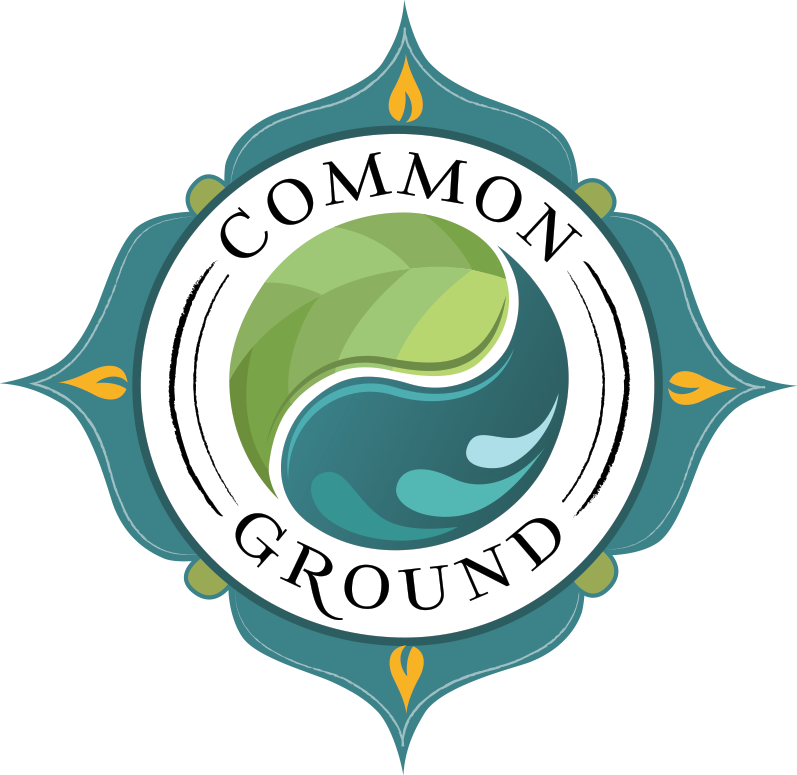Stress Relief with Acupuncture
Stress is a natural response of the body to various demands we place upon it. In ancient times, our stress response, also known as our fight or flight response, provided us with energy to preserve life during difficult situations, such as an attack or threat by a wild animal. Unfortunately, modern-day stress is considerably higher than what our predecessors experienced. (Not only due to our own stress but easy exposure to stress from the rest of the world) Today, we do not have to look much further than out our windows, or on our computer screen, to view various forms of stressors – everything from prime-time news and road rage to the forty-hour work week, and cell phones.
However, stress is not necessarily always negative. There is a distinction between healthy and unhealthy stress. Healthy stressors are usually short-lived, keep us alert and motivated, and support our body’s strength and vitality.
Acupuncture is great for stress management. It helps muscle tension, poor sleep, circular thoughts and many other manifestations of stress.
The Body’s Response to Stress
Our response to stress can either help or hinder our body’s ability to cope with these various stressors in our lives. Healthy responses to stress include appropriate physical exercise, good eating habits, positive thinking, adequate rest, and reaching out to our friends and family for support. Unhealthy responses to stress include negative thinking, overexertion, poor eating habits, lack of sleep, and isolation. these unhealthy responses can cause the body to work harder than it needs to and can trigger physical and mental health issues. Over time, ongoing stress and unhealthy responses to stress can actually be detrimental to our health.
Some of the signs and symptoms of an overactive response to stress include anger, anxiety, asthma, depression, a depressed immune system, digestive disorders, headaches, heart disease, high blood pressure, joint pain, and weight problems.
Medical studies have shown that with increased and consistent stress, our white blood cells, which defend our body against viruses, decrease. This results in lower immune resistance, ultimately leading to physical disease and emotional instability.
Even if the stressors are no longer present, the body continues to keep the stress response active. This results in the depletion of our nervous system, lymphatic organs (spleen, thymus, and lymph nodes), kidneys, and adrenal glands, which can pave the way for a wide variety of signs and symptoms.
There is hope! Practitioners of acupuncture and Traditional Chinese Medicine (TCM) have helped people cope with stress for thousands of years.
Acupuncture and Stress
The ancient theories of TCM on how stress affects the organs are similar to those of Western medicine. However, TCM theory and treatment goes far beyond treating signs and symptoms and also addresses the root cause(s) of the problem.
One way that stress affects the body is by causing a depletion or blockage of Qi, especially that of the kidneys and adrenals. Qi is the vital energy or power that animates and supports the functions of the body. It flows through specific pathways, called meridians, and provides nourishment for the entire body. When Qi becomes “blocked” or the supply is inadequate, the body and organ systems become “stressed out” and our health is compromised.
With acupuncture and TCM, the practitioner’s job is to support and restore the integrity of various organs affected by the stress response, along with evaluating the quality and quantity of Qi.
Your acupuncturist may also suggest adjunct therapies to enhance treatment and speed healing. Proper eating habits, as well as exercise, stretching, movement, and meditation practices, support and promote a balanced and healthy body, mind, and spirit.
Acupuncture and TCM provide a safe and effective alternative for the treatment of stress.
Ways to combat stress
Get adequate sleep. Try for at least eight hours of restful and restorative sleep.
Practice meditation exercises. Qi Gong, Tai Chi, and Yoga can help create a healthy body-mind awareness and help free your mind of stressful thoughts.
Eat a well-balanced diet. Maintain a healthy diet with adequate amounts of complex carbs, vegetables, fruits, protein and healthy fats.
Have fun! Make time for relaxing activities, enjoyable hobbies and lots of laughter in your life.
Breathe. Relaxed deep breathing is one of the most simple and easy techniques that can be used for reducing stress.


